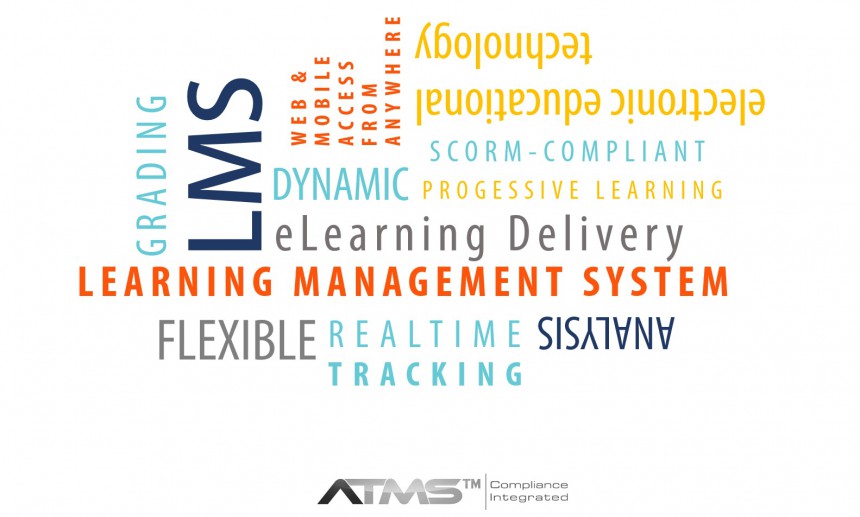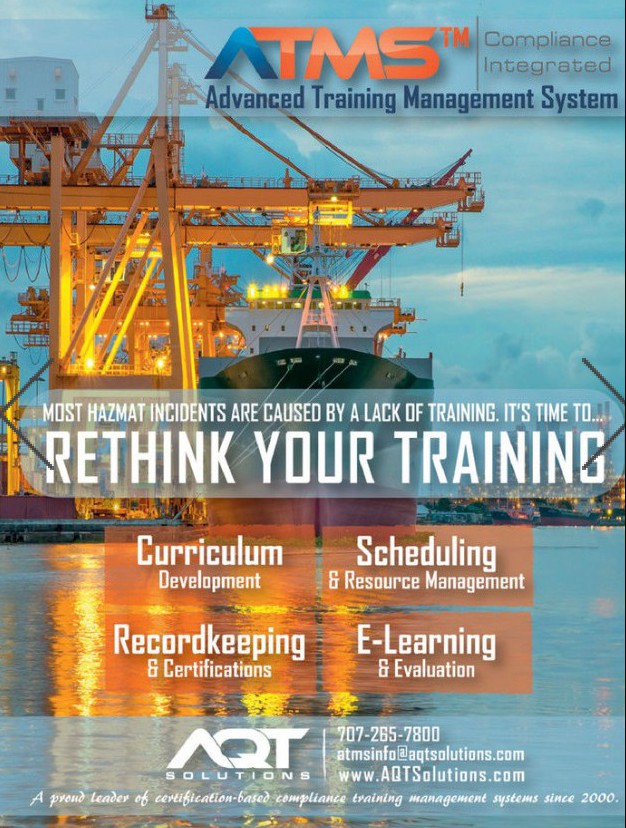How to Choose The Best Learning Management Systems
With the utterly dizzying volume of LMSs (Learning Management Systems) on the eLearning market today, finding the best one for your company doesn’t seem an easy task. In fact, determining the best Learning Management Systems will meet your organization’s training needs can take a great deal of time and money. There are so many things to keep in mind, such as whether or not the LMS has the features you’re looking for, or if it’s going to fit into your company’s training budget. With that being said, there are a few tricks to finding the best Learning Management System for your company’s training needs.
- Determine your learning and development objectives in advance.
What are your core learning and development objectives and aims? Which skill sets or information are your learners expecting to take away from your eLearning course or online training event? Before you even begin to explore your LMS options, you have to have a clear sense of what it is you hope to achieve when utilizing that LMS. This will allow you to choose the LMS that will meet your learning and development needs and, more importantly, the needs of your audience. - Consider the skills of your Learning and Development team when evaluating the LMS.
Knowing the specific talents and skill sets of your Learning and Development team will enable you to choose an LMS that has the functionality and creative control you want, and the usability you need. If you choose an LMS that is simple and easy to use but doesn’t allow your learning and development team members to utilize their experience and know-how, then you’re missing out on the invaluable human perspective. - Assess your current Learning and Development Strategy.
Go through your current Learning and Development strategy to see what needs to be improved upon and what is working effectively. Doing so, will give you the chance to select an LMS that utilizes the successful learning materials you currently have, while fine-tuning the ones that do not support and promote your training objectives. Be sure to also evaluate learner performance and knowledge acquisition during your assessment. I highly encourage you to read the articles Questions You Need To Answer To Successfully Move Your Corporate Training Online and the Online Training Questions that Every Employee Needs To Get Answered. - Get feedback from your Learning and Development staff.
Ask your instructors and facilitators about their honest opinion concerning your current training strategy. What features would they like to see in the new LMS? Are there any tools or materials that they find beneficial or necessary in order to make their job easier? These are the people who are going to be helping your learners to take full advantage of your new eLearning strategy. So, you want to make sure that they are on-board and that they know their ideas are being considered and valued. - Assess any technical considerations or limitations.
When choosing an LMS, you will have to evaluate how the new learning system will be integrated with your current technologies or software. You will also want to consider how you want your learners to access the information. Will they be using their mobile devices? If so, then you will have to find a LMS that supports mobile platforms too. - Does the LMS offer the essential features and functions you really need?
With the wide variety of LMS features that are available today, it can be challenging to narrow down your list of must-haves for your new LMS. However, it’s important to have a clearly defined set of features and functions that your LMS absolutely needs to have in order to be a good return on investment. For example, does it have to be mobile friendly? Does it have to include content reusability features? Are gamification, social learning, and micro-learning a “must” for you? You may find valuable the article Top Learning Management System Trends for 2014. - Review the experience and background of the LMS vendors.
Ask the LMS vendors about their experience, skill sets, qualifications, and background during the selection process. Look online to see if there are any reviews for the LMS and company, or ratings that will give you a better idea of how they dealt with customers in the past. Ultimately, those who have worked in your niche or industry before is ideal, as they will have in depth knowledge of the subject matter and how to effectively deliver content for your specific audience. - What support services are offered with the LMS?
Does the company offer round the clock support? Are they going to be able to troubleshoot problems that you may encounter with the LMS in the future? Ask the LMS vendor about the support services that come with your LMS package to ensure that you have access to the help you need to make the most of your new LMS. - Adaptability and maintenance are key to ensure the future success of an LMS.
An LMS may meet all of your requirements in regards to features and tech specifications, but you will also have to think about your LMS strategy in the long-term. Is the LMS easy to maintain if you need to update it on a regular basis? Will it be able to adapt the future needs of your organization? You wouldn’t want to spend a large chunk of your budget on your new LMS only to discover that it won’t suit your company’s learning and development goals a year from now. - Ask for a live demonstration or a trial period.
Don’t hesitate to ask the LMS vendor for a live demonstration or even a trial period that will allow you to see the LMS in action. Through a live demo you will be able to determine if the features and functions are in-line with your learning and development needs and wants, and whether or not the usability and scalability is what you are looking for. Remember, the LMS is probably going to be a significant investment for your company, so it’s always wise to give it a test drive beforehand. - Consider the data tracking capabilities of the LMS.
While the development and design capabilities of your LMS are important, you won’t be able to create the best possible eLearning experience without tracking features. Ideally, you’ll want an LMS that offers you learners data tracking, so that you can gauge learner performance and determine if any areas of your eLearning course need to be fine tuned.
Keeping all of these helpful tips in mind when you’re searching for the best Learning Management System will allow you to avoid costly trial and error. A bit of research, evaluation, and internal auditing may give you the opportunity to select the best Learning Management System that will offer the best return on your investment.
Source: Brandon Hall Group
Go Beyond the LMS. Get a Full TMS with a Built-in LMS.















